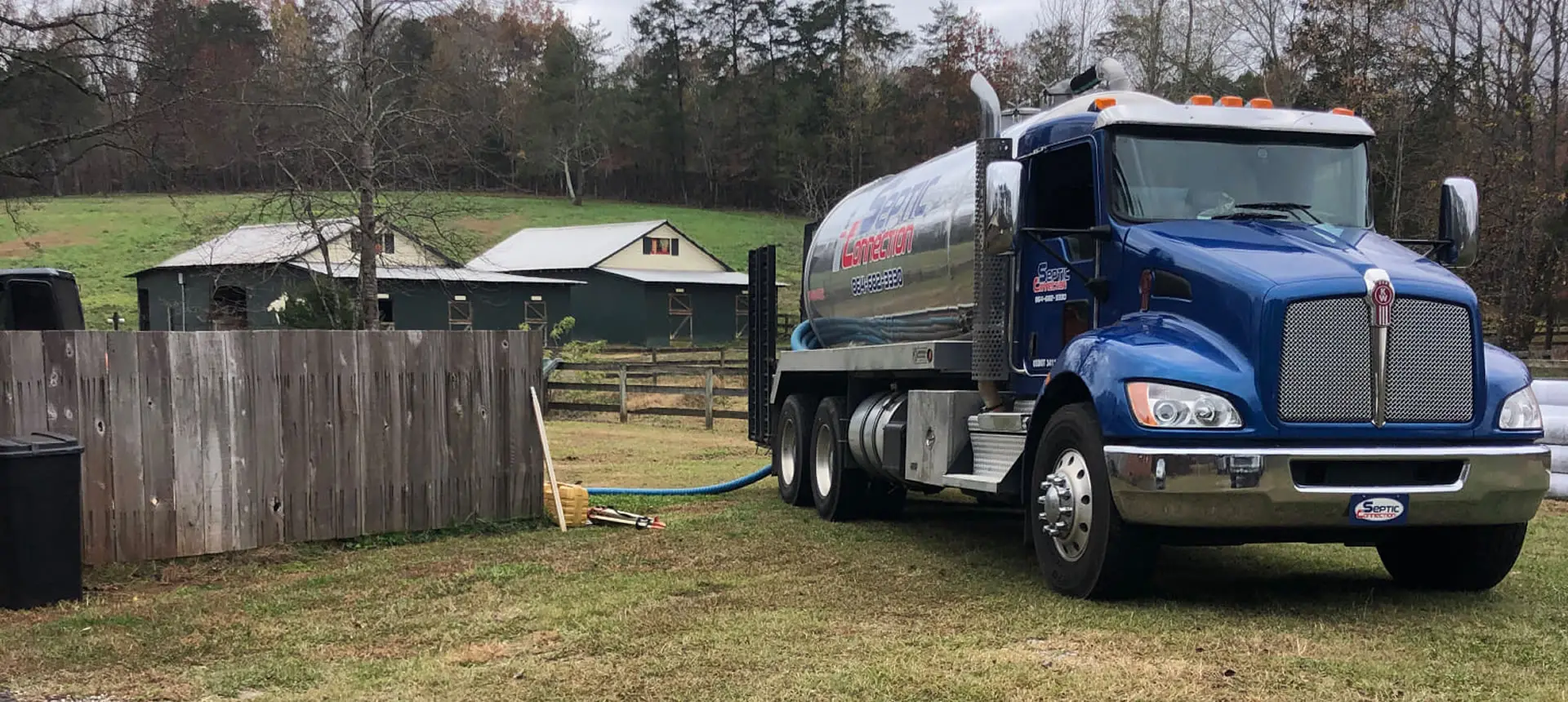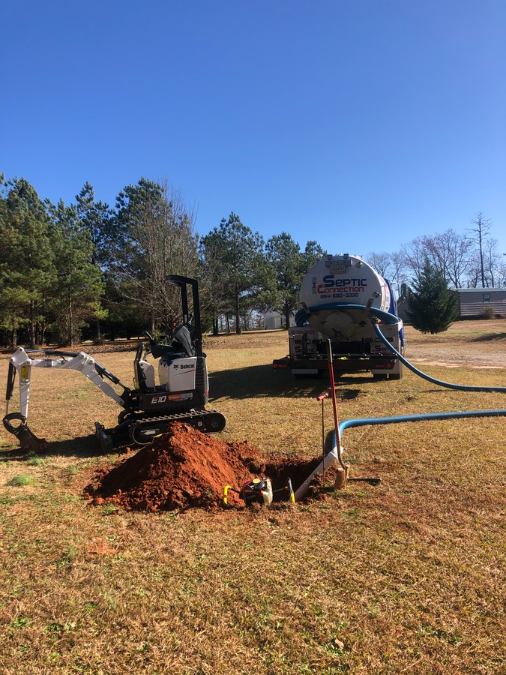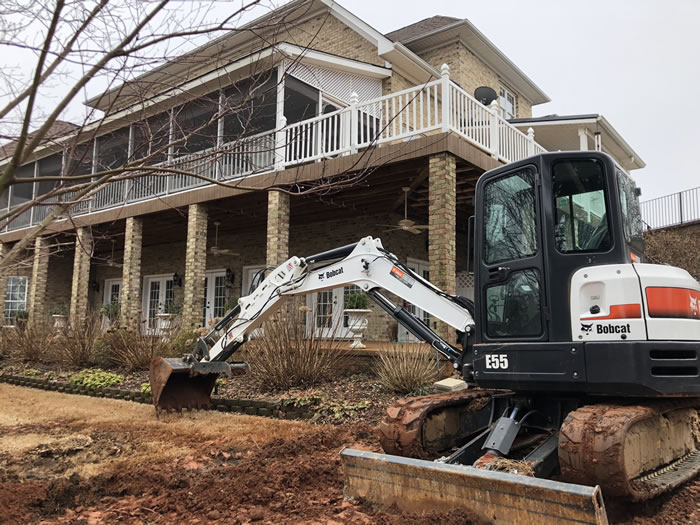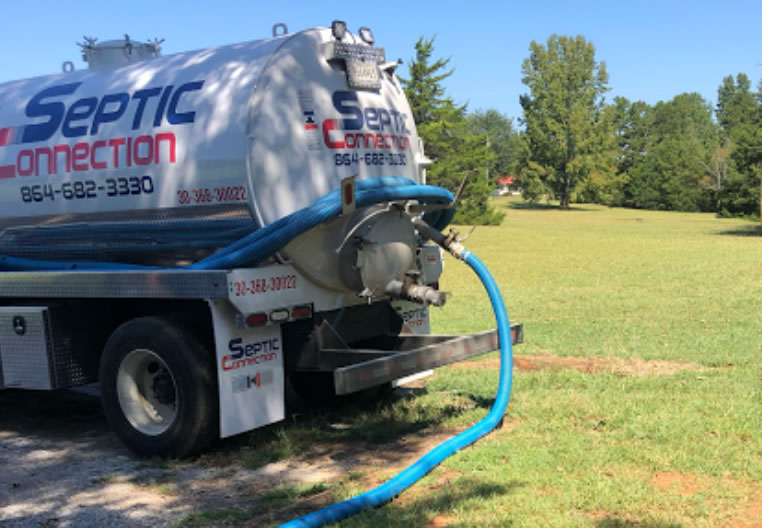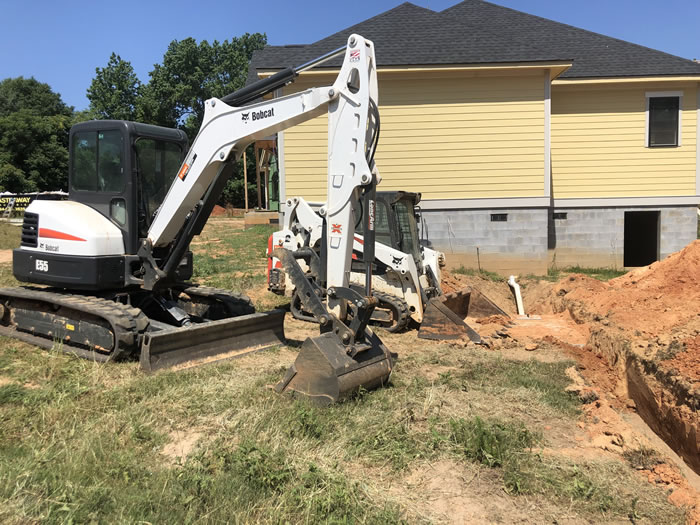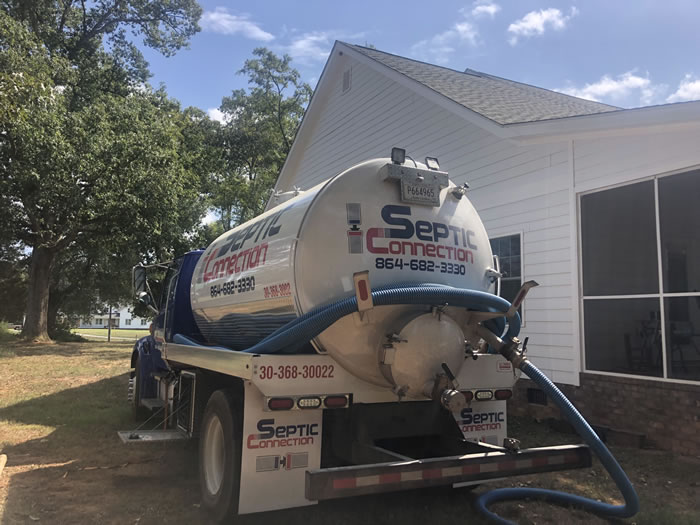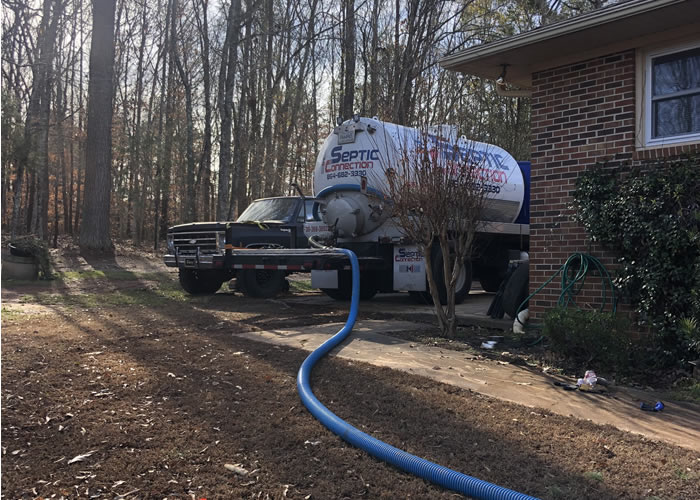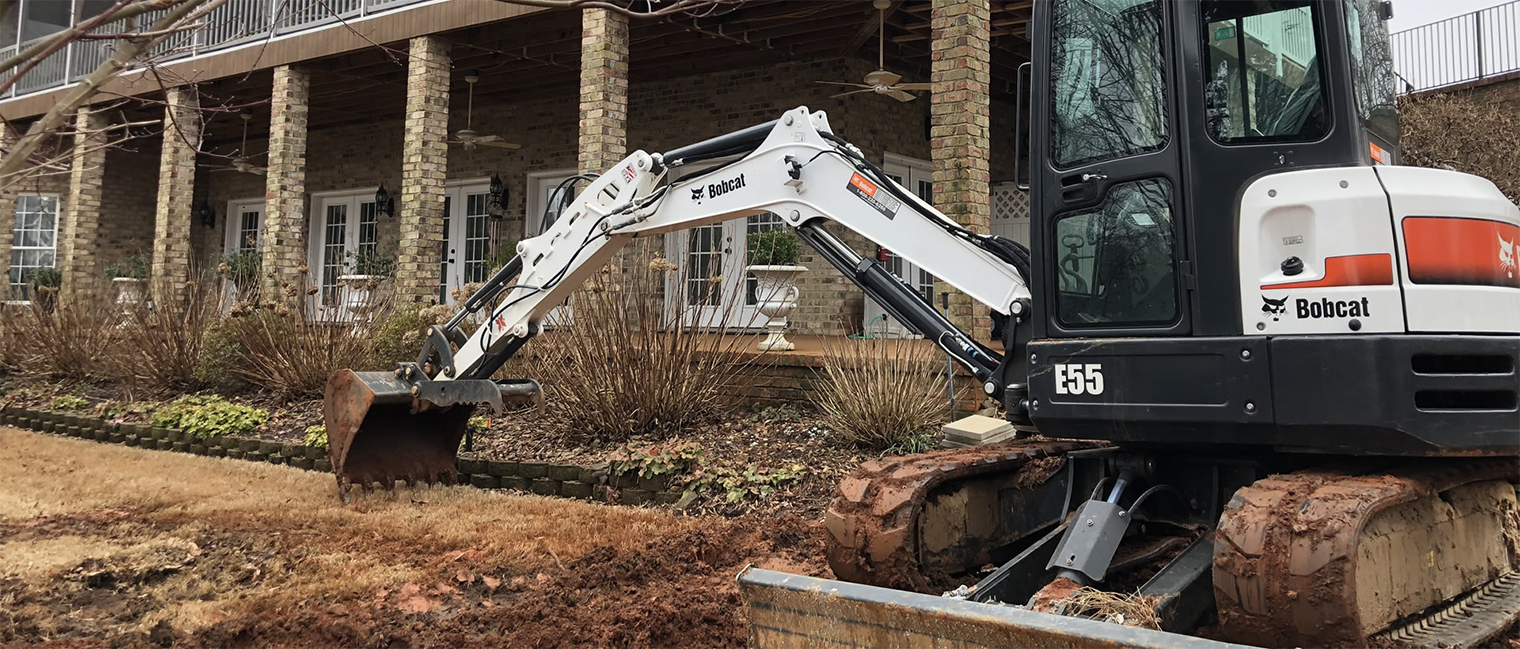The Digging Process
While we specialize in the digging aspect, it's important to understand the complete process to appreciate the role of backhoe pits in soil testing. The steps generally include:
- Site Assessment: Prior to digging, a thorough assessment of the site is essential to identify the best location for the backhoe pit. This involves marking utility lines and obtaining any necessary permits.
- Excavation: The backhoe digs the pit according to the specifications required for the soil testing, ensuring that the soil layers remain as undisturbed as possible.
- Sample Collection: Soil scientists or engineers enter the pit to collect samples, following strict safety guidelines to protect themselves and the integrity of the samples.
- Pit Backfill: After sample collection, the pit is backfilled to restore the area to its original condition.
Best Practices for Digging Backhoe Pits
Here are some important best practices to follow:
- Work With Experts: Consult with soil scientists or engineers beforehand to determine the exact requirements for the pit, such as depth and dimensions.
- Safety Measures: Make sure the pit is secure by shoring the sides to prevent collapse. Always adhere to OSHA guidelines for excavation safety.
- Environmental Considerations: Follow all environmental guidelines and regulations to minimize the impact on the surrounding area.
- Quality Equipment: Utilize top-quality backhoe equipment to ensure that the pit is dug efficiently and safely, avoiding any unnecessary disturbances to the soil layers.
Do You Need Help With Backhoe Pits Installation in Greenville, SC?
Backhoe pits are an effective, reliable way to conduct soil testing for various projects. They allow for the collection of undisturbed samples, providing comprehensive data that leads to informed decision-making. Adhering to best practices and working with a qualified digging service provider can further enhance the quality and reliability of your soil tests. If you need a backhoe for soil testing, call Septic Connection. Our friendly staff can discuss your needs one-on-one and can schedule a reservation for your backhoe pits replacement in Greenville, South Carolina, or a nearby area.

